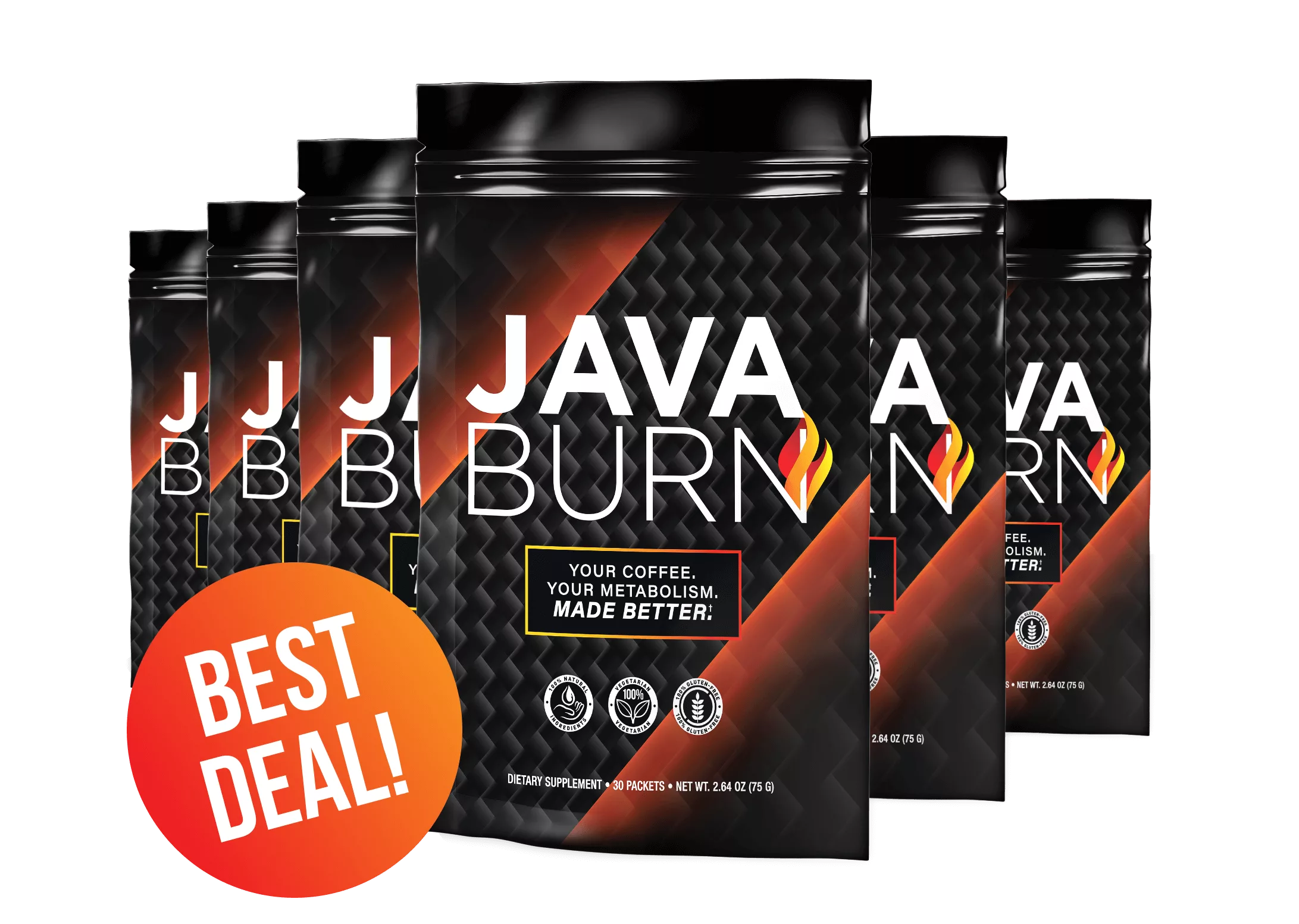Constipation can be an uncomfortable and sometimes painful issue, but there are many ways to find relief right at home. To relieve constipation quickly, try drinking a cup of warm water and following it with a gentle abdominal massage. Simple lifestyle changes like this can often ease the discomfort without the need for medication.

Eating fiber-rich foods can also help get things moving. Foods like almonds, raspberries, and avocados are excellent choices. Fiber helps by adding bulk to the stool, making it easier to pass. Additionally, staying hydrated and incorporating exercise into your daily routine can significantly improve bowel regularity.
For those looking for quick remedies, magnesium supplements can be effective. Magnesium helps draw water into the bowel, softening the stool and promoting movement. If natural methods are not enough, over-the-counter laxatives or enemas may provide the necessary relief.
Key Takeaways
- Drinking warm water and massaging the abdomen can relieve constipation.
- Eating fiber-rich foods and staying hydrated aids digestion.
- Magnesium supplements and over-the-counter options can provide quick relief.
Understanding Constipation

Constipation involves infrequent or difficult bowel movements and can cause discomfort. It is influenced by various factors including diet, lifestyle, and medical conditions.
Defining Constipation
Constipation is when a person has fewer than three bowel movements per week. It includes symptoms like dry or hard stools, straining, and a feeling of incomplete evacuation.
Some people may only experience occasional constipation, while others may face chronic constipation, which requires medical attention. Chronic constipation can last for several weeks and often impacts overall health and daily activities.
Identifying constipation early is crucial. Symptoms may vary, but they typically include effortful toilet trips and discomfort. Knowing these signs helps in seeking timely solutions and avoiding complications.
Common Causes of Constipation
Diet plays a significant role in constipation. Low in fiber and high-fat diets can slow down digestion. Hydration is equally vital; dehydration can lead to hard stools. Drinking enough water aids bowel regularity.
Certain medications, like painkillers and antacids, can cause constipation. Age also contributes; older adults often experience slower metabolism, leading to constipation.
Exercise is another factor. Limited physical activity can reduce gut motility. Stress and lifestyle changes can trigger digestive issues as well. Medical conditions such as irritable bowel syndrome (IBS), diabetes, and thyroid disorders often result in constipation.
Both men and women suffer from constipation, but it is more common in women, especially during pregnancy and after childbirth due to hormonal changes. Understanding these causes helps in managing and preventing constipation effectively.
Dietary Solutions

Dietary changes can play a crucial role in relieving constipation. Key strategies include increasing fiber intake, staying well-hydrated, and incorporating specific foods known for their laxative effects.
High-Fiber Foods
A high-fiber diet is essential for bowel health. Dietary fiber can be classified into two types: soluble and insoluble. Soluble fiber dissolves in water and forms a gel-like material, helping to soften stool. Insoluble fiber adds bulk to stool and helps it move through the digestive system.
Whole grains, such as oats and barley, provide a rich source of fiber. Vegetables like broccoli, carrots, and leafy greens are beneficial. Fruits, including apples, pears, and berries, also enhance fiber intake. Nuts and seeds, particularly chia seeds and flaxseeds, contribute both fiber types, promoting regular bowel movements.
Fluid Intake for Proper Hydration
Drinking enough fluids is vital for constipation relief. Water is the best choice to stay hydrated and help fiber do its job efficiently. When the body is dehydrated, stool can become hard and difficult to pass.
Other fluids that can help include herbal teas and clear soups, which contribute to overall hydration. Some people find that coffee stimulates bowel movements due to its caffeine content. Prune juice is another effective drink. It contains dihydrophenylisatin, a natural laxative.
The recommended daily fluid intake varies but aiming for at least 8 cups of water a day can be beneficial. It’s important to adjust fluid intake based on activity level, climate, and individual needs.
Specific Foods for Constipation Relief
Certain foods are particularly effective at relieving constipation. Prunes are well-known for their high fiber and sorbitol content, which helps soften stool. Adding a serving of prunes or drinking prune juice daily can be effective.
Figs are another excellent choice, providing both soluble and insoluble fiber. Incorporating avocado into meals adds fiber and healthy fats, which can aid digestion. Raspberries are high in fiber, with one cup providing about 8 grams.
Almonds are rich in fiber and magnesium, both of which can improve bowel function. Chia seeds and flaxseeds form a gel-like substance when mixed with water, aiding stool passage. Adding these seeds to yogurt, smoothies, or oatmeal can be helpful.
Lifestyle and Physical Activity

Engaging in physical activities, such as walking and swimming, and making specific lifestyle changes can significantly help alleviate constipation. These changes can support better digestion and foster overall health improvements.
The Role of Exercise in Alleviating Constipation
Exercise plays a crucial role in stimulating bowel movements. Walking for about 30 minutes daily can help move things along in the digestive tract. Swim sessions are another excellent way to incorporate physical activity into daily life. Working out at the gym or engaging in yoga can also be beneficial. Yoga poses like twists and forward bends encourage intestinal movement, promoting bowel activity. These exercises not only help relieve constipation but also reduce stress, which is often linked to digestive issues. Making exercise a regular part of one’s routine can make a big difference in alleviating constipation.
Modifying Daily Habits
Making lifestyle changes can significantly impact bowel regularity. Limiting a sedentary lifestyle by incorporating more movement throughout the day can help. Simple actions, like taking short breaks to walk around after sitting for an hour, can be effective. Staying hydrated by drinking plenty of water aids in softening stools and making them easier to pass. Incorporating a balanced diet rich in fiber from fruits, vegetables, and whole grains also plays a key role in promoting regular bowel movements. Besides, managing stress through relaxation techniques can improve digestion. Implementing these small but powerful lifestyle modifications can lead to considerable improvements in digestive health.
Natural and Over-the-Counter Remedies

For fast relief from constipation, many options are available, including bulk-forming laxatives, stool softeners, and stimulant laxatives. Some home remedies can provide quick and effective solutions as well.
Bulk-Forming Laxatives
Bulk-forming laxatives like psyllium and methylcellulose help by absorbing water into the intestines. This increases the bulk of the stool and makes it easier to pass. Metamucil is a commonly used fiber supplement that contains psyllium.
These laxatives can take 12 to 72 hours to work. It’s important to drink plenty of water with these products to avoid blockages.
Stool Softeners and Osmotic Laxatives
Stool softeners, such as docusate sodium, help to moisten the stool by drawing water from the intestines. Popular brands include Colace.
Osmotic laxatives like polyethylene glycol (MiraLAX) and magnesium citrate work by retaining water in the stool, making it softer and easier to pass. They often work within hours and should be used as directed to avoid dehydration.
Stimulant Laxatives and Suppositories
Stimulant laxatives, including senna (Ex-Lax) and bisacodyl (Dulcolax), stimulate the muscles of the intestines to push the stool through faster. These can be very effective and take 6 to 12 hours to work.
Suppositories, like glycerin or bisacodyl suppositories, offer another quick relief option by stimulating bowel movements directly. They can work within 15 to 60 minutes.
Other Home Remedies for Constipation
Several home remedies can help alleviate constipation. Drinking more water and natural fruit juices, like prune juice, improves hydration and stool consistency. Another popular remedy is taking a tablespoon of olive oil or honey, which can lubricate the bowels and ease stool passage.
Probiotics, found in yogurt and supplements, help maintain healthy gut bacteria, potentially easing constipation. In addition, regular physical activity, such as a daily walk, can stimulate digestion and help prevent constipation.
Frequently Asked Questions

There are various ways to relieve constipation quickly at home through both natural and traditional methods. Below are detailed answers to common questions about immediate constipation relief using household remedies.
How can I relieve constipation quickly at home?
To relieve constipation quickly at home, drinking plenty of water is essential. It helps soften the stool. Consuming fiber-rich foods such as fruits, vegetables, and whole grains can also speed up the process. Over-the-counter laxatives are another quick solution, but they should not be overused.
What natural methods can provide immediate relief from constipation?
Natural methods include drinking warm beverages like herbal tea or warm lemon water. Exercising can help stimulate bowel movements. Eating prunes or figs is also effective due to their high fiber content. Probiotics found in yogurt can improve digestion and relieve constipation.
Are there any old-fashioned home remedies effective for constipation relief?
Old-fashioned remedies include consuming castor oil, which acts as a natural laxative. Other time-tested methods are drinking apple cider vinegar mixed with water or eating a few tablespoons of blackstrap molasses, which can help move the bowels.
What is the fastest homemade laxative for easing constipation?
One of the fastest homemade laxatives is a mixture of lemon juice and warm water. Citric acid can stimulate digestion and help flush out toxins from the body. Another effective option is a tablespoon of olive oil, which can lubricate the digestive system.
What steps can I take to alleviate constipation pain swiftly?
To alleviate constipation pain quickly, try abdominal massage techniques. Lie down and gently massage the lower abdomen in a circular motion. Warm baths can also help relax the muscles and ease discomfort. If the pain is severe, taking a mild pain reliever may be necessary.
What household ingredients can help me alleviate constipation instantly?
Household ingredients like flaxseeds can be ground and added to meals or smoothies for quick relief. Chia seeds soaked in water form a gel-like substance that can help with bowel movements. Additionally, aloe vera juice is a natural laxative that can be found in many households.
